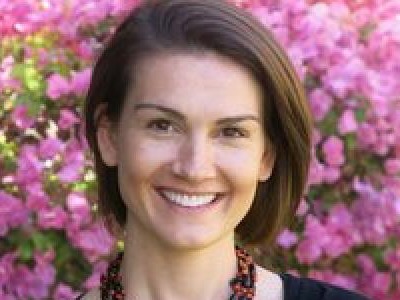Recipients of PSC Small Grant Awards
School expansion and health in late life: Evidence from Nepal
Emily Smith-Greenaway

Population aging is occurring at an unprecedented pace in many poor countries, especially those in Asia. Paralleling this major demographic shift, these countries have experienced significant social and economic change in recent years, including the transition to mass education, underscoring the need to understand how these social transformations influence older adults’ wellbeing. Despite the widely-documented positive association between education and health, some theories suggest that the spread of education reverses the flow of wealth away from elderly, weakens filial support systems, and decreases intergenerational coresidence— each of which could worsen older adults’ wellbeing. The goal of the proposed project is to provide a thorough examination of how the transition to mass education influences adults’ health and wellbeing in late life.
To achieve this goal, the first aim of the proposed project is to (1) incorporate a health module targeting older adults into an ongoing NICHD-funded study—the Chitwan Valley Family Study (CVFS)—in rural Nepal. Linking new health data to the study’s existing measures on the country’s recent transition to mass education will enable me to complete the second and third aims of the project, which are to (2) document how the proliferation of schools across neighborhoods and (3) sending one’s own children to school
influences older adults’ wellbeing. The results from this project will significantly advance theory and research on education and health at later stages of the life course, and will produce key preliminary analyses to support a NIH R01 proposal.
